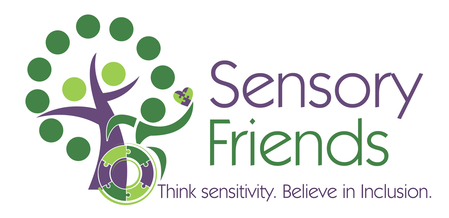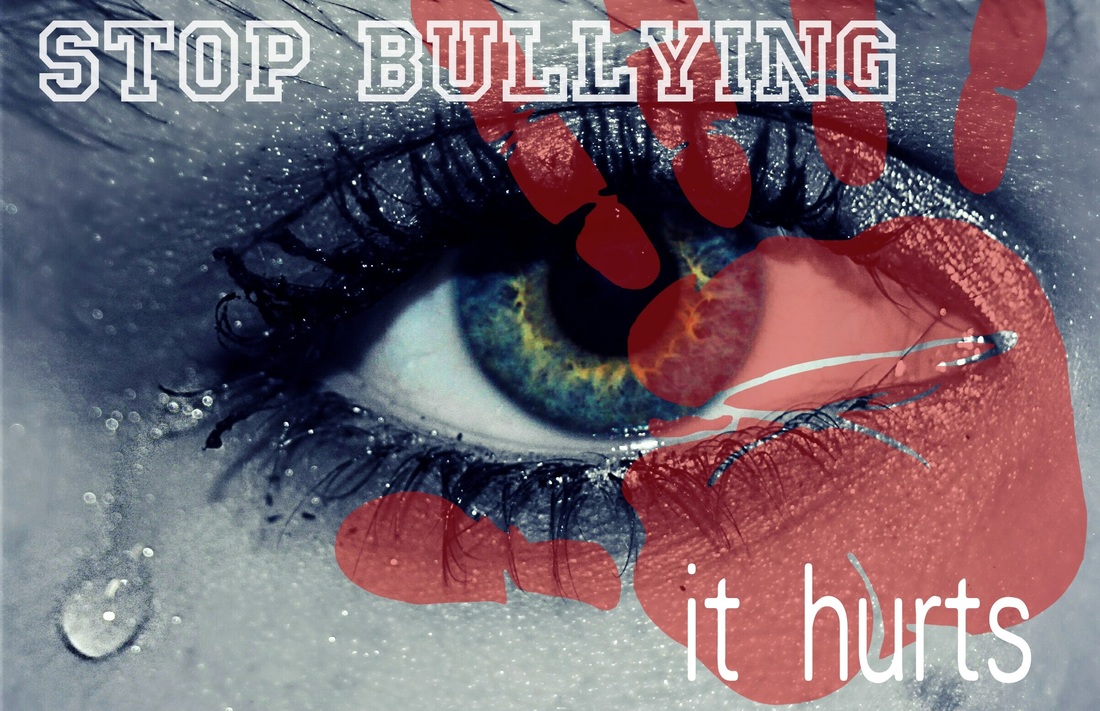Why Should I care about Bullying?
Jose Reyes was 12 years old when he took a 9 mm pistol to school - killing his math teacher, wounding other students and ultimately shooting himself. Just three days earlier, he had been given antidepressants from a psychiatrist after he explained he had been repeatedly teased, bullied and harassed by classmates at school.
At age 12, Allison Morgan hung herself after dealing with years of bullying that got worse after she came out as bisexual in 2015.
Amanda Todd was sixteen and had been posting about her struggles with cyber-bullying on YouTube and other social media platforms for a month before she sadly hung herself in her home in 2012.
Bullying affects us all, and we must collectively stop it.
What does statistics say?
- One out of every four children report being bullied while at school
- All studies conducted in the U.S revealed that children with disabilities are two to three times more likely to be bullied than their peers without disabilities.
- Bullying prevention programs at school helped to decrease bullying by up to 25%.
- The most often reported reasons for bullying experienced by children were because of looks (55%), body shape (37 %) and race (16 %).
- Children who are bullied have difficulty with their grades and school performance, they struggle with insomnia, anxiety, and depression.
- Children who are bullies are at higher risk for academic issues, substance abuse, and violent behavior during their teen years and later in adulthood.
What do I do if I think my child is being bullied?
- Read Your Child’s School’s Bullying Prevention Policy: Every school is required to address bullying and come up with ways to prevent it. While each state handles this differently (some have laws addressing the issue, some have policies in schools addressing the issue, and some have both – click here to find out about your state). In the state of Florida, we have both. All schools and districts must have a Bullying Prevention Policy in effect. Join the school's PTA/PTO (Parent Teacher Association/ Parent Teacher Organization), the School Advisory Committee (SAC), or any other council or group that meets to discuss everything related to education and student achievement. Remember to keep the lines of communication open with your child's teacher, and reach out to him or her often. Explain the signs you're seeing, and if your child has come forward about being bullied, call for a meeting with your child's teacher and principal. Ask how they plan to enforce their bullying prevention policy and how you can support their efforts.
- Have an open discussion with your child: Talk to your child about bullying, its effects, and what it does to their peers. Be honest, review statistics and worldwide incidents together. Read materials about bullying prevention together and ask your child about whether or not they have been bullied or witness it happening to their peers. Document any incidents that involve your child, schools record all incidents that are reported as well. Ask your child to trust in the fact that together as a family you can deal with bullying, and that you'll come to an agreeable solution that ends it. Review the schools bullying prevention policy with your child and make sure he or she knows what steps to take.
- Educate yourself and your child about cyberbullying: Today, everyone is online. It’s important that we know of all the apps, websites, and social media outlets our children are visiting. My eleven- year-old loves an app that’s called Music.ly. It allows kids to create music videos of themselves, but it also allows them to chat with one another. Snapchat is another message app that’s popular with kids these days. Sometimes, kids don’t realize that even the most playful jokes on a message board can be taken seriously if seen by adults. Try to keep yourself updated on how your child is communicating with others online. Review their devices often, minimize the time spent online (create a schedule), and talk to them about using online tools appropriately and safely.
- Lead by example – Show your child how to navigate the internet safely. If you’re on Facebook, it’s very likely your child and his or her friends are as well. Be sure to model online etiquette and how to create respectful online communities.
What can I do to help prevent bullying?
© 2016 Sensory Friends




 RSS Feed
RSS Feed